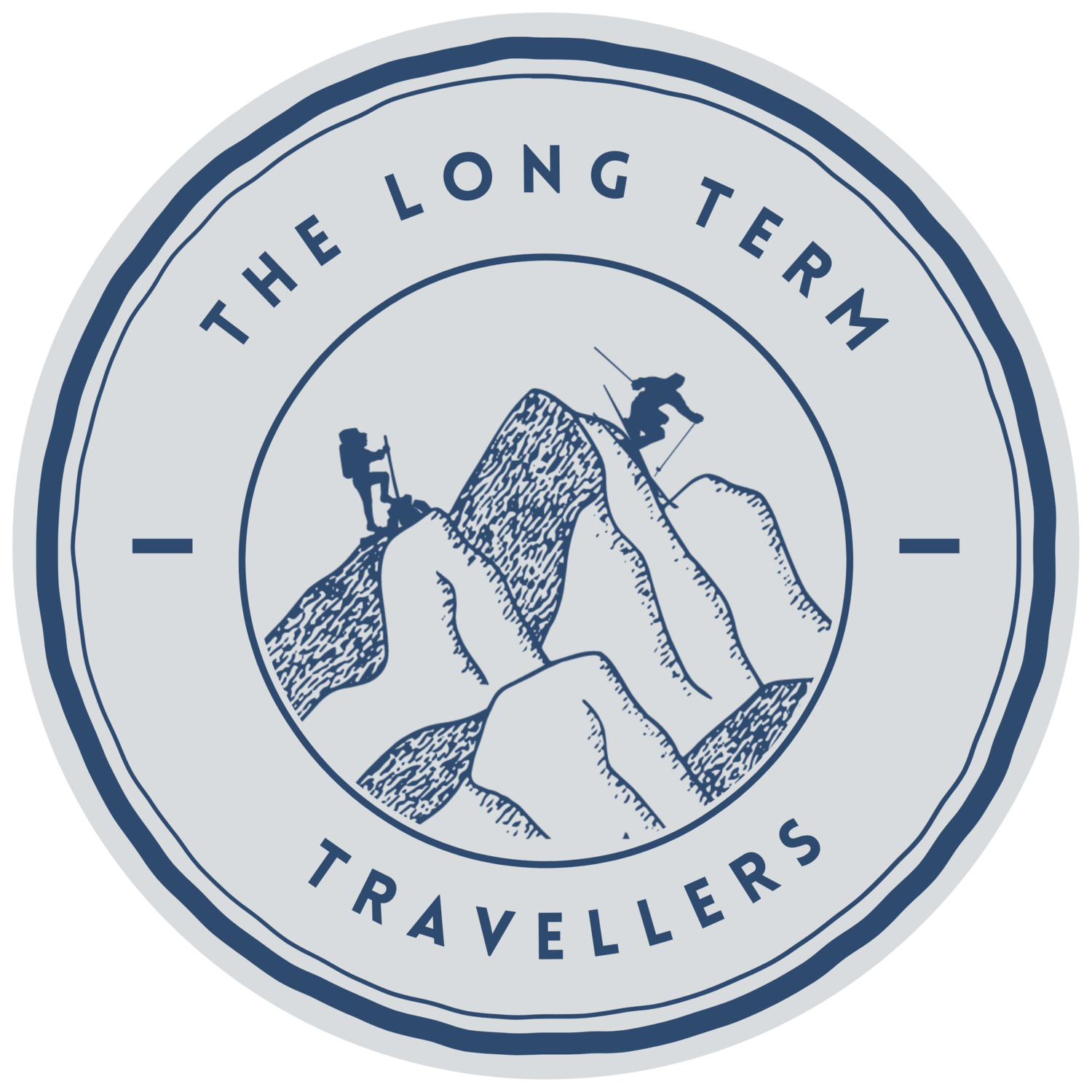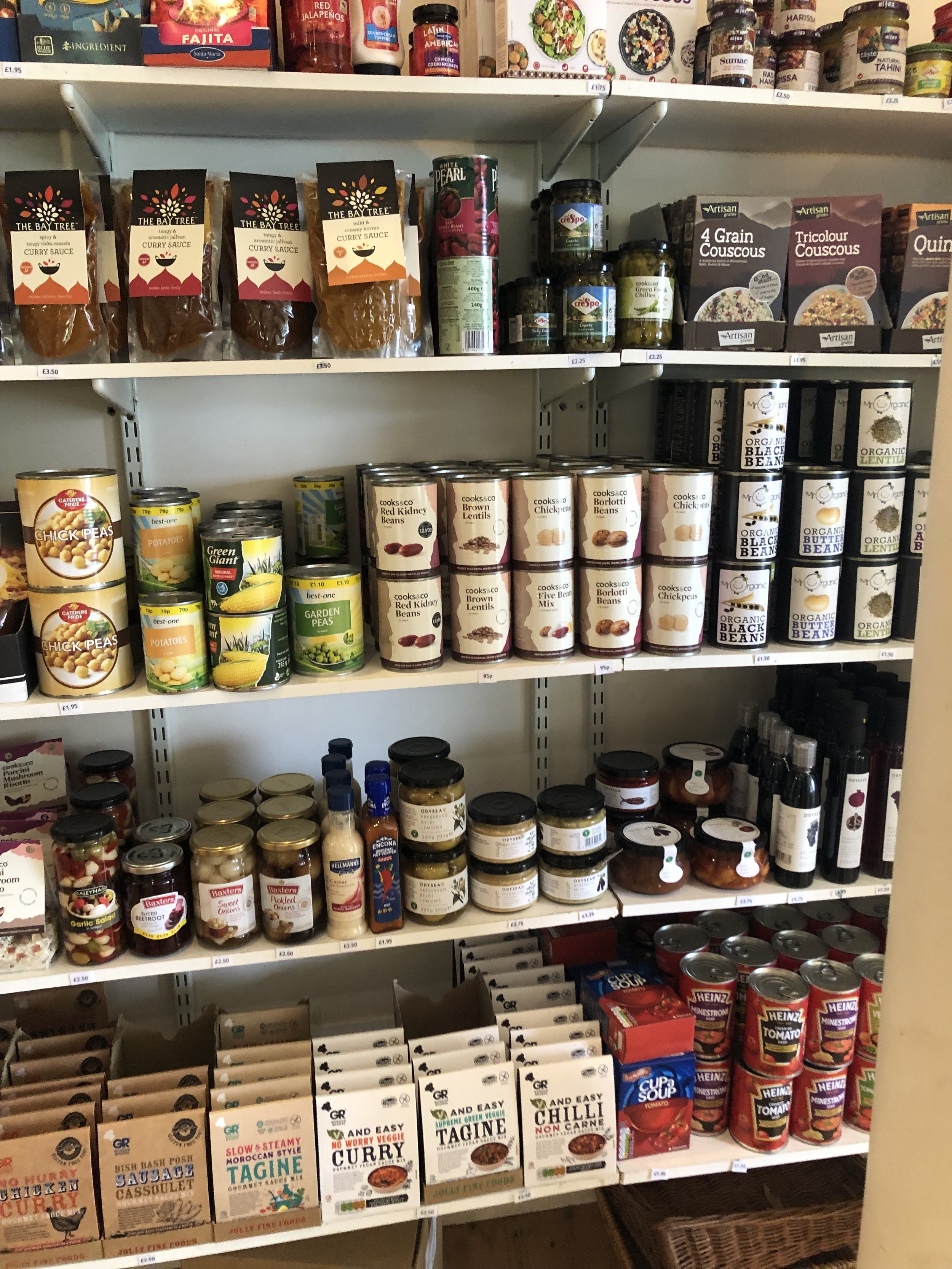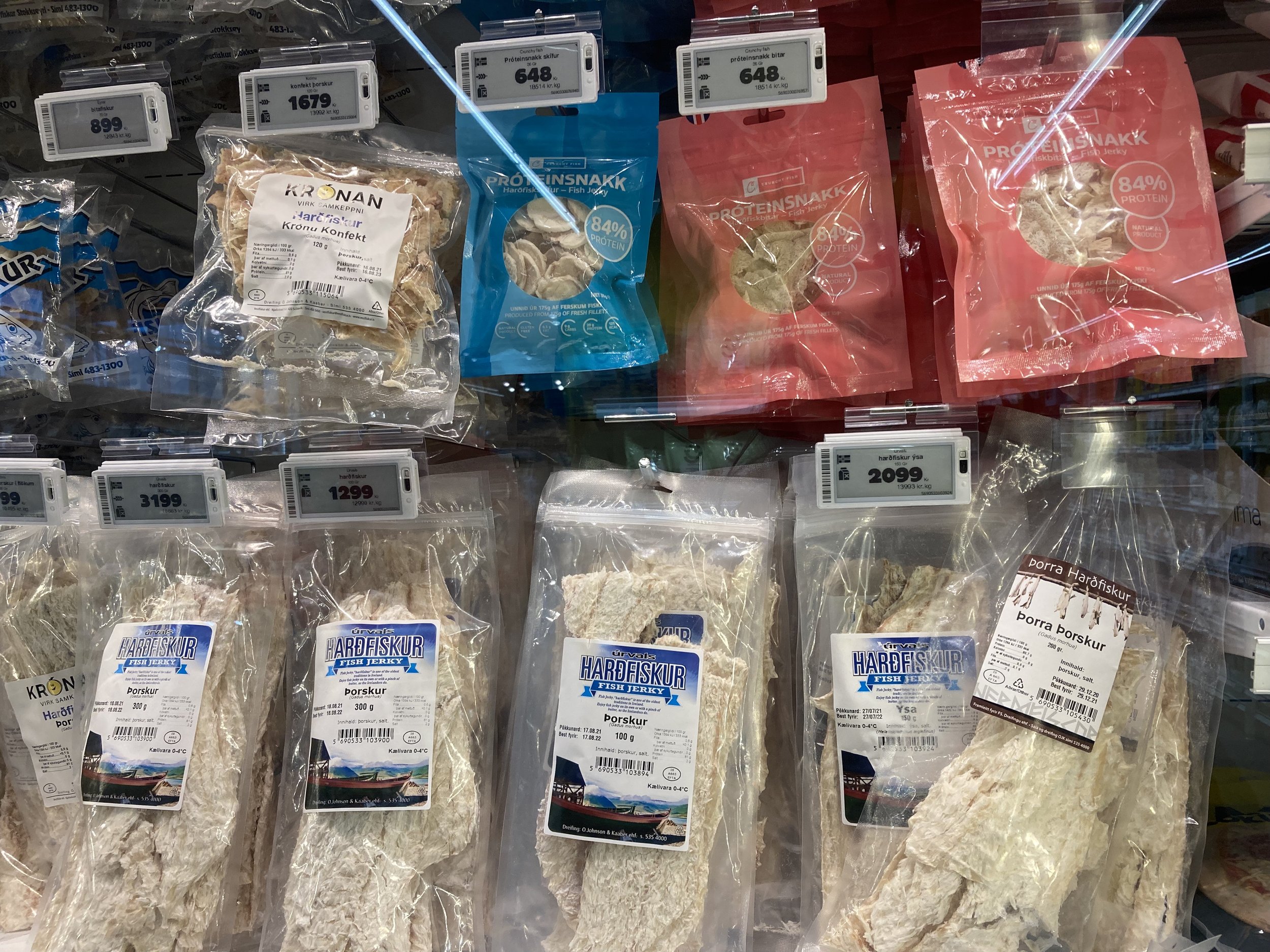5 Easy Ways To Save Money Travelling Long Term
Travelling has unfortunately become synonymous with spending, but it doesn’t have to be. For those looking to travel longer term and on a budget, there are a lot of ways that you can cut back on expenses to fund your next adventure.
This lifestyle supports that relative income (in this context, the amount that you need to realistically support your lifestyle), is a much more important measure than your absolute income. Simply, it matters more about your spending habits than the bottom line. It can be very easy to view long term travelling as one long holiday, but if you do so, there’s a chance that you’ll become a bit more carefree with your spending, and adopt the “Well, I’m on holiday, so go on then” mentality.
This post pertains slightly more to the long term travellers among us, as you wouldn’t be looking to housesit or energy exchange while on a short term holiday, but nevertheless there are a few that could be transferable to a holiday setting (learning to cook and spending less on those restaurants, for example). Whether you’re a working traveller, who earns a steady income from either a remote, seasonal, or local job, or someone who has budgeted an allowance to fund their longer term trip, we’ve compiled a few things that we’ve personally done to save money travelling in our nomad years:
1. Sign up for an Energy Exchange
A great way to save money while traveling, with the added benefit of living with locals, would be to enrol in one of the many energy exchange communities all over the world.
An energy exchange is simply signing up with a ‘host’ family in your destination of choice, and working for a few hours a day (typically between 4-6 hours) in exchange for your food and accommodation. It can be a fantastic way to save money while travelling as accommodation and meals can usually be the largest expenses.
These communities can all be accessed online, and like social media sites, both travellers and locals build personal profiles to connect. The profile typically includes photos and gives a brief explanation of the person, their skills, what’s needed to be done, what you’re willing or capable of assisting with, and contact information. There is usually a small fee that you pay to put up a profile and get full contact details of the hosts. This small stipend ensures that only those who are serious about doing an energy exchange can access information and it protects the privacy of hosts and other travellers.
The various energy exchanges you can choose from all have different niches. The three most popular are WWOOF (which we have personally done, and highly recommend), HelpX, and Workaway. You can find an eclectic mix of work that can range from agricultural work on farms to working in backpackers hostels. We’ve had experience in helping to build a tiny home, doing maintenance and landscaping, caretaking property, and helping with bnb changeovers, all through WWOOF. The best part is that you can sign up individually, as a couple or pair, or as a group.
We wouldn’t recommend this to someone that’s currently, or planning on, working full time. Generally speaking, you’d either commit yourself to a job or an energy exchange. However, if you’re looking to either fill in time between jobs, or you have a fixed budget for your entire trip, it’s the perfect way to save with the added bonus of connecting with locals, and finding new places beyond the normal tourist scope.
For more information on WWOOF, see our article below:
2. Relocating Instead of Renting
Steve and I discovered the concept of relocation vehicles whilst travelling New Zealand. We had just accepted a pretty unique job that would have us in the backcountry of Fiordland for most of our time, so we decided that investing in a vehicle would hardly be worth it. So, when looking into renting vehicles to drive from where we were in Christchurch to Queenstown (where the company was based), we stumbled upon relocating.
This is how it works: rental car companies will give the option of hiring their vehicles for a one-way holiday, where tourists pick up their vehicle from one of the branch’s locations and leave it at an alternate location. Due to the company needing a certain number and type of vehicles in their various locations, the company offers a relocation stipend for someone to drive vehicles back to their original branches. This is a really popular scheme for very touristy one-way routes, making the drop-off location heaving with vehicles and the pick-up location sparse.
The stipend varies depending on the company, the distance, and type of vehicle. They’ll sometimes offer payment to relocate, or require a small sum. Some stipends cover things like fuel and insurance, others you’ll have to pay for the fuel yourself. You’ll also be given a time restraint on how long you can take, so it’s not worthwhile if you’re wanting a relocation vehicle for your entire holiday as it limits your flexibility, but it is a great way to get from one place to another cheaply. There is also the option of paying for extra days with the vehicle, which is a good option if you’re wanting more days than the time restraint allows but wanting to pay less than renting a vehicle.
There are a couple of things you should consider before looking into relocating. You will, of course, have to have a valid driver's license in good standing that allows you to drive in the destination of your choice. You’ll also typically need to put down a security deposit by either giving credit card details or by transferring the amount they need via debit. If you go for the latter option, they’ll and refund the amount once the vehicle is safely returned in one piece. Expect, depending on where you are and what vehicle it is, for it to be anything from a couple of hundred to a thousand.
3. Download Local Travel Apps
There truly is ‘an app for everything’, and apps can be an invaluable way for finding great deals in unique ways. We learned that we can use apps to our advantage in travel while road tripping across Australia. We still say that our most important travel companion over those months, other than our 4WD, was the WikiCamps app. We had heard about it whilst camping in Margaret River from a couple doing a similar roadtrip, and it helped us save so much money on our trip.
After having so much success with Wikicamps, we’ve found and heard of so many other awesome apps over the years that have helped us save in variety of ways. From accommodation (like Booking.com to Couchsurfing) to food and drink (Iceland’s Appy Hour) to transport (Rome2Rio), to vouchers on activities (Groupon), there’s countless apps all over the world catered to helping you save on your trips abroad. Speak to friends who have visited the place you’re headed to before, scope online, or speak to locals once you’ve landed about their favourite travel apps to see where you can save.
4. Consider Housesitting
Housesitting, or property caretaking, is an awesome way to save money on accommodation while you travel, and involves maintaining property when the home owners are away. The position usually requires looking after pets, keeping care of plants, and ensuring the security of the home is upheld, among other things. In exchange, you live rent-free for the duration of the time the owners are away.
The duration of time can range from a couple of days to the better part of a year, with everything in between. Most positions that we found range from 1-8 weeks, so this option is more suited to those short-long term travellers rather than those of you looking for a holiday. You’d obviously have to show a liking for animals if they have pets, and somewhat of a green thumb if you were up keeping garden patches or plants. It’s also beneficial, but not required, to have some kind of mechanical or trade background that would help with upkeep in case something went wrong with the house.
Usually, it’s a very open relationship, you’d keep in contact with the family and update them on how everything is going, and in turn you’d respect the house and property. It’s a great way to see different parts of the country and not spend heaps on rent or hostels, especially if you’re looking to be based somewhere for a longer period of time. It could be a great opportunity if you were looking to get a part time job locally or if you are a remote worker.
Things to consider would include that many of these opportunities are rural and would help to have a vehicle or access to public transport, or a bicycle, any mode of transport into town so you’re not completely isolated. Watch this space for a post dedicated to how to get into housesitting - it’s similar to the energy exchange in that it’s all accessible through online platforms.
5. Learn How To Cook
This is such a simple way to save money, but extremely effective. Depending on where you are, eating out can be one of the biggest expenditures on your travels.
Trying the local cuisine is absolutely part of the travel experience, and I’m not suggesting boycotting going out to eat always, but making a habit of eating all or most meals out can severely impact your budget. As I mentioned above, this definitely depends on where you are and what you’re eating. If you’re travelling Southeast Asia, eating out can be extremely inexpensive, but if you’re travelling Europe, for example, whether it’s fine dining or the local pub, it can add up quickly.
If you travel through a love of food, you can definitely eat local, learn about the cuisine, and have a greater connection with the food culture while cooking yourself. You could take a food class that’s being put on by a local (which has become increasingly popular in recent years), you can explore a local market and ask vendors what they would recommend, or you could speak with locals on their favourite dishes and head to a community grocer to try and create the dishes yourself. These grocers, outlets and markets themselves will have a plethora of local produce that you may not have at home, and this itself can be a way for inspired dishes - have a wander and see what you can put together.
Being able to cook cheap, local meals is not only great for your wallet, but it’s also a great skill to take home. Knowing how to make basic meals quickly and efficiently can end up saving you heaps.
Not a cook and don’t know where to start? Try looking at charity shops for cookbooks you can use and then pass on, youtube cooking channels, or go hunting for a great budget food blog. Maybe it’s not the skill you’re worried about, but the time. Try fitness or parenting blogs, which can have great tips for meal prepping and saving time in the kitchen.
Simple and effective, these are the five ways we have saved major money in our long term travel. Although every tip might not work for everyone, we hope you can take something out of it!
Happy Travels,
Sam
You may like….












WWOOF stands for Willing Workers On Organic Farms, an energy exchange that promises food and board for any traveller willing to help on properties that need a hand in agriculture, farming work or sustainability projects.